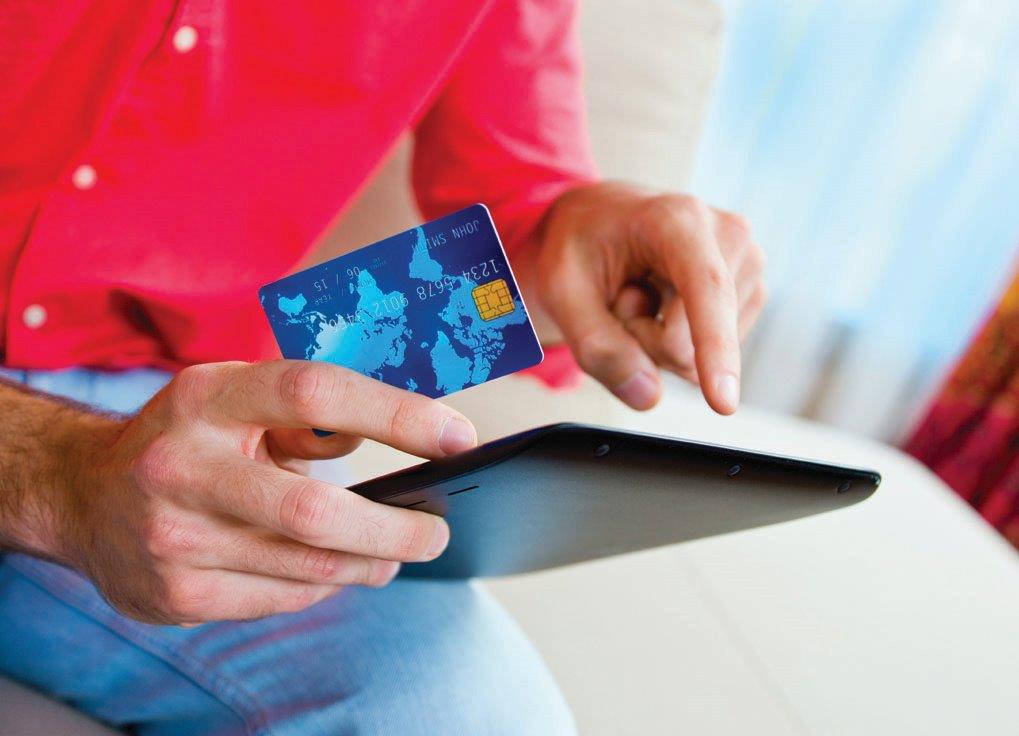Complaints about subscription traps largely generated by online travel subscription services with companies based overseas have risen by 520% between April and June 2021, according to consumer advice body UK International Consumer Centre.
UK consumers informed the UKICC that they didn’t know they had entered into a subscription contract until a payment is taken from their card.
Analysis of the UKICC’s data so far in 2021 indicates that there has been a 520% increase in subscriptions complaints during April to June (2nd quarter of 2021) compared to the same period of 2020.
A total of 186 UK consumers brought a travel subscription service problem to the UKICC in the 2nd quarter 2021 compared to 30 similar UK consumer cases in the 2nd quarter 2020.
Andy Allen, Service Director at the UK International Consumer Centre, said: “UK consumers have been travelling a lot less since the start of the COVID-19 pandemic, but they are still keen to store up what they see as a bargain for the future.
“Unfortunately, this desire for a cheap deal can come back to bite them hard if they realise they’ve been caught in a subscription trap. We have noticed a truly gargantuan rise in the number of UK consumers approaching us with a problem.”
A subscription or membership is where a travel agent charges a consumer an annual/monthly fee for access to cheaper travel rates, usually the purchase of flight tickets but occasionally accommodation and/or holiday bookings too. The arrangement is determined by the individual company and is usually detailed in their terms and conditions.
Subscription traps are one of the main areas which the UK Government wants to tackle in its proposals for Reforming Competition and Consumer Policy, issued recently (20 July 2021). Under the plans, which are out for consultation with consumers, businesses and consumer organisations until 11.45pm on 1 October, the Government wants to clamp down on subscription traps by requiring businesses to make it clear exactly what consumers are signing up for and letting them cancel easily.
Andy said: “Consumers who come to us with problems about travel subscription services say that they do not always know that they have entered into a subscription contract until a payment is taken from their card. They sometimes then have trouble cancelling the subscription.
“Consumers also report that the cheaper travel price which comes with the deal is more prominently displayed on the website and it isn’t clear that a membership needs to be purchased at an extra fee in order to get the cheaper rate.
“We have only heard of this sort of subscription being bought online. We have not heard of this scenario with traditional (high street) travel agents.”
Many consumers who contact the UKICC consumer advice body just want to cancel their membership.
Andy added: “The best advice we can give in these cases is for consumers to make a claim under their UK bank’s ‘chargeback’ scheme. It’s their best chance of getting their money back. ‘Chargeback’ can be used where a consumer has reason to believe a transaction was unauthorised. These schemes have time limits set by banks so it’s better for consumers to make their claim early rather than wait for us to get an answer from the trader, by which time they may be too late.
“If more than one payment has been taken from a card, this is known as a continuous payment authority, and consumers have the right to cancel any such authority with their bank or card provider.”
‘Chargeback’ is not a legal right, but a voluntary process carried out by banks. The procedure allows a UK consumer to dispute a transaction made using their debit card, resulting in the consumer claiming the money back from the bank. It can be used in circumstances where a consumer has reason to believe a transaction made was unauthorised, for example where a consumer may have bought flights on a website but the travel subscription service has later charged the consumer for a subscription which they did not agree to.
Banks set their own timeframe in which consumers can claim but 120 days is not an uncommon limit.
A continuous payment authority (CPA) gives a company permission to take recurring payments from consumers, and can be set up by the consumer giving their card details. This allows companies to take payments whenever they want and for as much as they want without prior notification to the consumer or their card issuer, and will continue until the consumer cancels the CPA by contacting the company, the bank or the card provider. This method of payment is often used by companies setting up subscription traps.
Consumers can make contact with the UK International Consumer Centre via the website – www.ukecc.net – or by phone on 01268 886690 Monday-Friday between 10am and 4pm.
